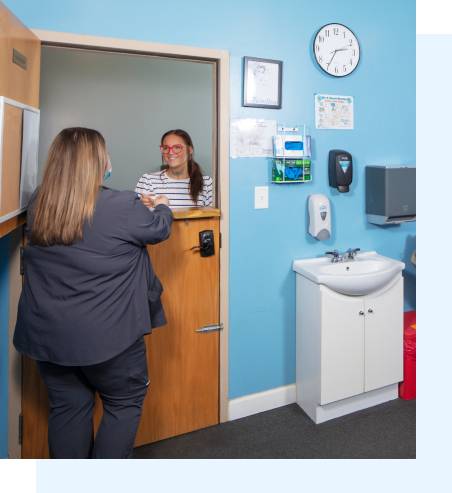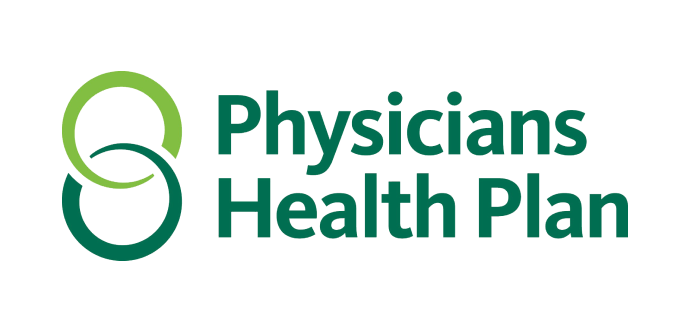![]() We are proud to work with most insurance companies, including:
We are proud to work with most insurance companies, including:
What are Co-Occurring Disorders and how are they Treated?
Anxiety and substance use disorders are among the most frequent mental health problems in the U.S. The journal Psychiatric Times reports that nearly 29% of people will experience an anxiety disorder at least once in their lifetime, while the lifetime rate for substance use disorders is 14.6%. Anxiety and substance use disorders commonly co-occur, with evidence suggesting that one disorder can often trigger the other. Both of these mental health conditions can be treated simultaneously at Bridges of Hope Treatment Center.

Do You Have Questions?
Don’t hesitate to reach out!
Please give us a call now and we’d be happy walk you through our various treatment options as well as answer all of your questions.

We’re Here For You
Sometimes, talking over the phone is easier. We’re here to listen to your questions and help get you answers.
 Toll Free Call
Toll Free Call 100% Confidential
100% Confidential

 Verify Insurance
Verify Insurance










